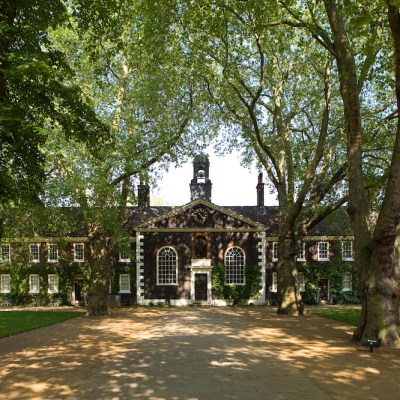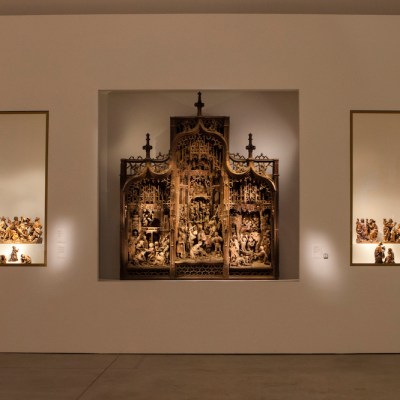State of Saxony returns indigenous remains to Australia | The remains of 45 indigenous Australians were repatriated from Germany yesterday (28 November), at a ceremony at the Grassi Museum of Ethnology in Leipzig. Acquired primarily through grave robberies, the remains were sold to a British merchant in the late 19th century, before arriving at the Royal Zoological and Anthropoligcal Ethnographic Museum in Dresden between 1892 and 1903. Yesterday’s ceremony was attended by representatives from the Gunaikurnai people from the state of Victoria, to whom 35 sets of ancestral remains are to be returned; of the remainder, six will be returned to the Menang people in Western Australia and one to Ngarrindjeri people of South Australia; the final three will be placed in government care while further research into their origins is conducted. In April this year, 53 sets of remains were returned to Australia from the Linden Museum in Stuttgart.
Reward of €500,000 offered for recovery of Green Vault jewels | German authorities have offered a €500,000 reward for information that leads to the recovery of the objects stolen from the Green Vault at the former royal palace in Dresden on Monday morning (25 November). Eleven complete sets of jewels and 12 individual pieces of jewellery – part of the collection amassed by Augustus the Strong in the 18th century – were taken by the four thieves; officials fear that the thieves may remove the diamonds and other precious stones from the pieces of jewellery, in order to sell them individually.
Nancy Astor statue unveiled in Plymouth | A bronze statue of Nancy Astor was unveiled yesterday in Plymouth by Theresa May. The ceremony marked 100 years to the day since Astor became the first woman MP to take her seat in Parliament, having been elected to represent Plymouth Sutton.
Recommended reading | In the London Review of Books, Adam Tooze reflects on the two Emile Nolde paintings that, until recently, adorned the walls of Angela Merkle’s chancellery office. In Frieze, Tom Morton looks ahead warily to the Festival of Great Britain and Northern Ireland – dubbed the ‘Festival of Brexit’ – projected to take place in 2022.



